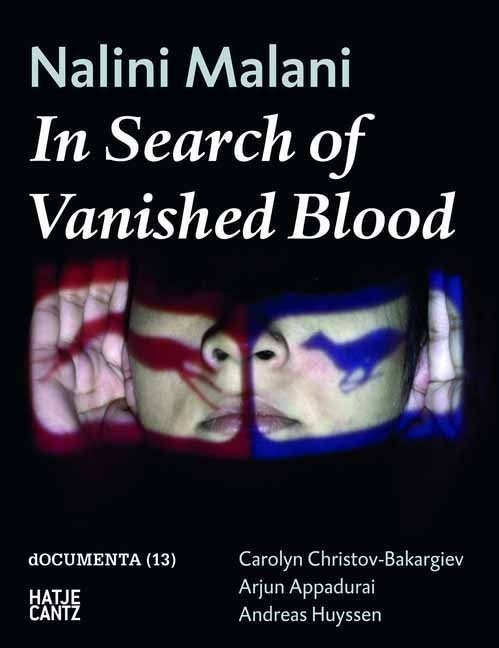Read more
In Search of Vanished Blood ist ein Künstlerbuch der dOCUMENTA (13) zu Nalini Malanis zeitbezogenen Werken. Im Kontext der zunehmend schwierigen politischen Situation der frühen 1990er-Jahre gehörte sie zu den ersten Künstlern in Indien, die sich vom traditionellen Tafelbild abwandten und »vergängliche« Wandzeichnungen, Theaterstücke, Schattenspiele oder Videos schufen. Malini wurde damit zu einer der einflussreichsten zeitgenössischen Künstlerinnen ihres Landes, sie brachte ihren dezidiert feministischen Standpunkt visuell zum Ausdruck und stellte damit überlieferte Ikonografien und hochgeschätzte kulturelle Stereotypen infrage. Ihr Standpunkt ist urban und international, sie verurteilt unnachgiebig jenen zynischen Nationalismus, der die breite Masse ausnutzt. Ihre Kunst ist exzessiv, überschreitet die Grenzen herkömmlicher Erzählweisen und Konventionen und setzt Dialoge in Gang.
Ausstellung: dOCUMENTA (13) 9.6.-16.9.2012
About the author
Arjun Appadurai, geboren 1949, ist Anthropologe und Goddard Professor für Medien, Kultur und Kommunikation an der New York University.
Summary
Nalini Malani : In Search of Vanished Blood delves into the multifaceted background of a visionary artist whose work holds a mirror to six decades of tumultuous history, while significantly changing the course of modernist practice in India. This artist’s book reveals Malani’s influential thought and engaged ways of working through the making of her latest video/shadow play produced by dOCUMENTA (13).
In conversation with Malani, Artistic Director Carolyn Christov-Bakargiev discusses the possibility of purging and healing within art while exploring her artistic, political, and feminist history. With socio-cultural anthropologist Arjun Appadurai, Malani contextualizes their collaboration for the dOCUMENTA (13) publication series 100 Notes - 100 Thoughts on the misuse of Gandhi's ideas as a perversion of ideology in order to perpetuate atrocities.
In his essay,Andreas Huyssen focuses on the artist’s multimedia work in relation to the structure of political memory, combining this with the vicissitudes of cultural transfer and the circulation of visual and literary images in an increasingly global art scene.
An extensive biography illustrates how Malani’s art has been influenced from the very start by a cinematic approach, from her experimental films of the sixties to her current paintings, theater, and video/shadow plays.
Exhibition schedule: dOCUMENTA (13) June 9–September 16, 2012

